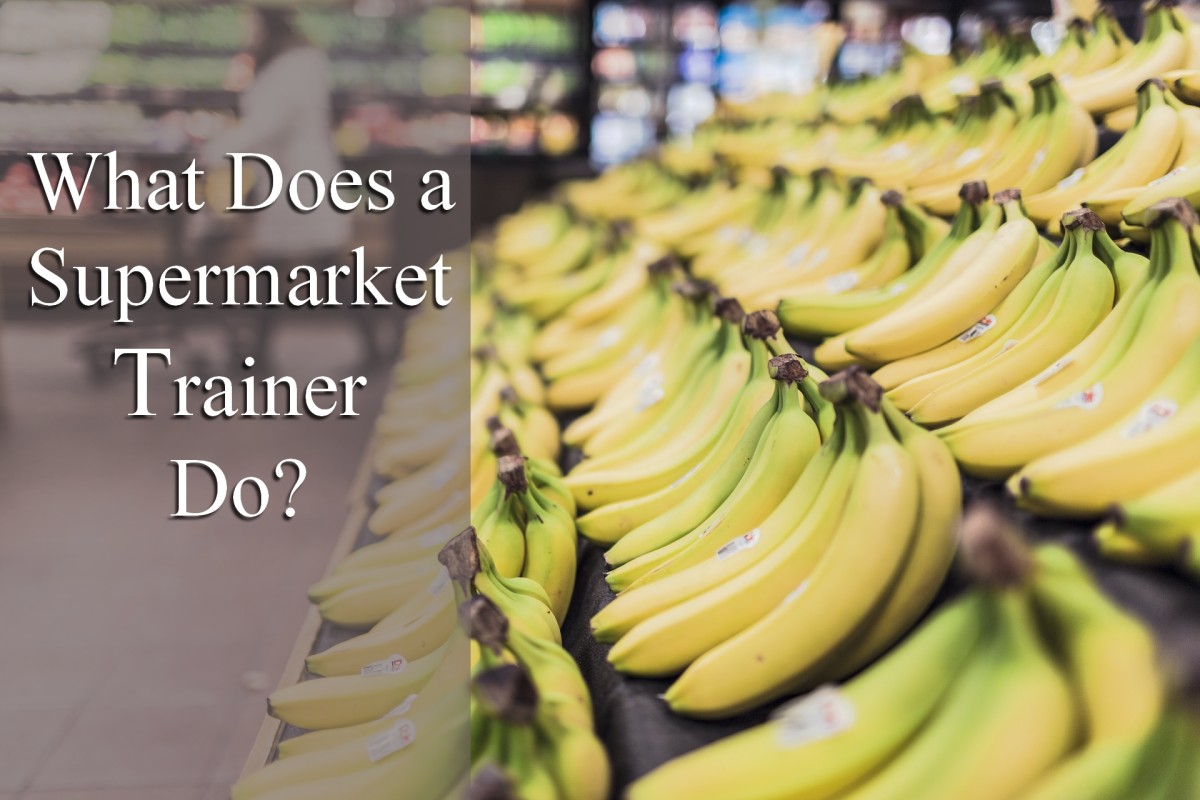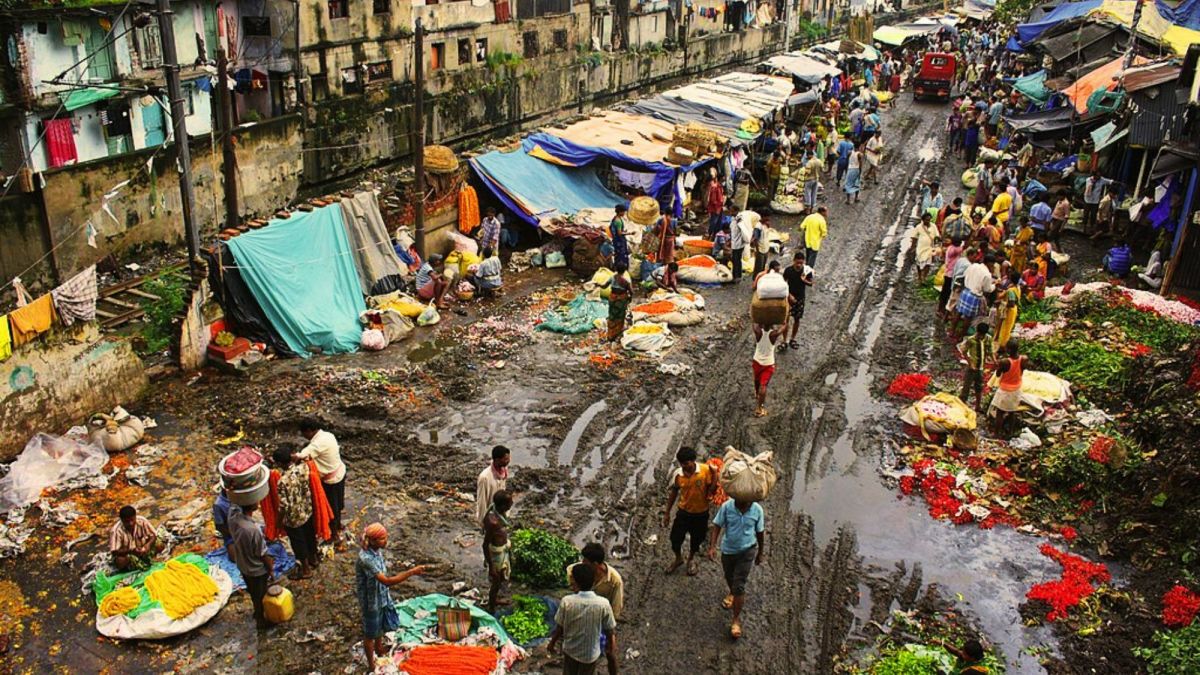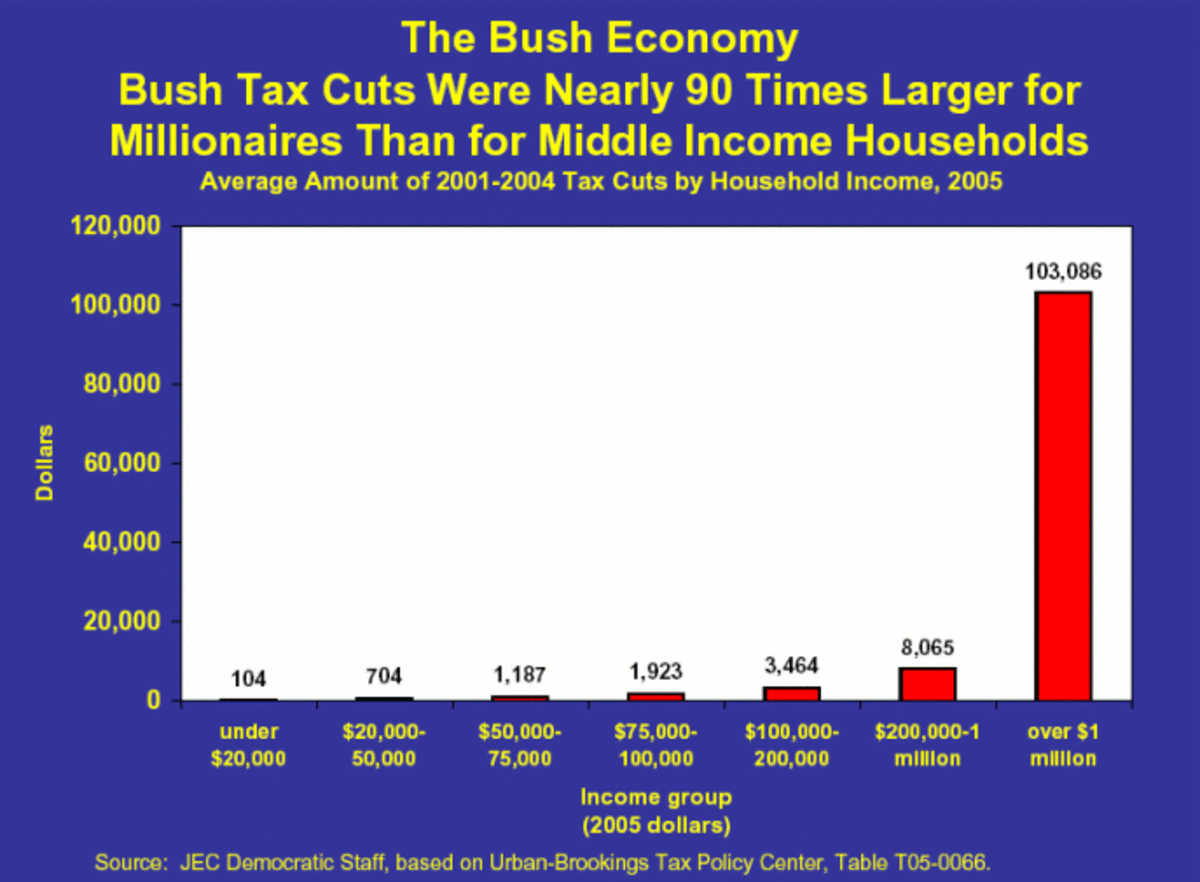Tesco Villages, Supermarket to Build Affordable Social Housing.
Leisure centres, ice rinks and schools!
Before adopting the slogan 'every little helps' Tesco's original motto was 'pile it high and sell it cheap' seeing the potential for money making similar to that of a cash and carry approach. Lets hope the same will not apply to its new venture.......
Tesco the multi million pound supermarket market chain, which saw profits of three billion pounds last year as well as selling thirty three billion pounds worth of food and nine billion pounds worth of non-food products in the UK, are moving into the house building industry.
With plans to develop four 'tesco mini villages' around the UK, including south london's streatham, south east london's, woolwich and east london's Bromley-by-bow, as well as dartford in Kent.
Plans in illsington have already been passed and the other sites are due to follow through fairly quickly.
The plans are to build affordable housing for those currently unable to get a foot on the property ladder and to regenerate areas in desperate need of help. However understandably there is much skepticism over these plans.
The word village congers up images of Quint, rural sites rich in history community and good old fashion charm. However the super market villages are set to be a very different concept indeed. With one site being home to an ice rink and another set to be developed close to the 2012 Olympic site, coincidence?

For the greater good or for gaining monopoly?
Is this an act of altruism, philanthropy and a genuine act of helping those less fortunate? Of course not, even I'm not that optimistic, although it would be nice to think that the reason behind this new business initiative would be as a primary move to lessen the current housing problems in the UK and aid those on lower incomes a home. But unfortunately this is not the case, its just another example of big business getting bigger by finding a new route to expansion.
Tesco spokesman argue that it is just a case of private investment providing money where government is unable too and they are in fact providing amenities that will hugely benefit the community and surrounding areas. Tesco currently employ four hundred and forty thousand members of staff and claim more jobs will become available as a result of this project. But when you consider all the products and services that the supermarket provide is this not just another example of killing off yet more small businesses?
So whats in it for them?
Tesco has found ever increasingly difficult to obtain planning permission for new supermarkets, the public are starting to see the degeneration of local high streets and the detrimental effects of the supermarkets. Communities, councils and local businesses are increasingly suffering under the might of the supermarkets.
If there is such a backlash how do tesco's get around this? In 1990 a planning act was passed by the local planning authority (LPA) called a section 106 (S106) this included that the developer had to sign up to an agreement stating that the proposed development :
- Was related fairly and reasonably related in kind and scale to the proposed development. (Meaning that they have to build it as they have proposed it, it must be of the same style and size as was shown when project was pursued)
- Must be relevant to planning. (you can't ask to build and school and end up opening a strip club!)
- The proposed development must be acceptable, in terms of planning. (Rules, regulations, health and safety must be met.)
- Reasonable in all respects. (You can't build the equivalent to Vegas in the Yorkshire dales)
The 'mini villages' project was an idea that could get around all these issues and others that need to be passed by local councils.
This will increase profits for Tesco, as well as give them access to data they would never otherwise know and in short giving them even greater market share.
Will other supermarkets follow suit?
It's difficult to say for sure one way or the other, however it does look likely that this development will be a huge success and where one leads the rest tend to follow, so who knows tesco villages today, Morrison's and sainsburys towns tomorrow. Maybe even ASDA cities to come?









